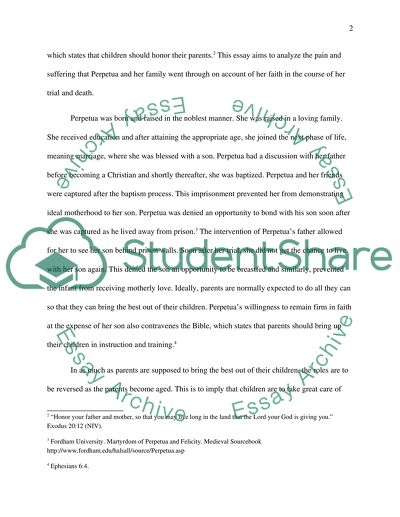Cite this document
(“Faith, Culture, and Spirituality Essay Example | Topics and Well Written Essays - 1250 words”, n.d.)
Faith, Culture, and Spirituality Essay Example | Topics and Well Written Essays - 1250 words. Retrieved from https://studentshare.org/religion-and-theology/1658095-faith-culture-and-spirituality
Faith, Culture, and Spirituality Essay Example | Topics and Well Written Essays - 1250 words. Retrieved from https://studentshare.org/religion-and-theology/1658095-faith-culture-and-spirituality
(Faith, Culture, and Spirituality Essay Example | Topics and Well Written Essays - 1250 Words)
Faith, Culture, and Spirituality Essay Example | Topics and Well Written Essays - 1250 Words. https://studentshare.org/religion-and-theology/1658095-faith-culture-and-spirituality.
Faith, Culture, and Spirituality Essay Example | Topics and Well Written Essays - 1250 Words. https://studentshare.org/religion-and-theology/1658095-faith-culture-and-spirituality.
“Faith, Culture, and Spirituality Essay Example | Topics and Well Written Essays - 1250 Words”, n.d. https://studentshare.org/religion-and-theology/1658095-faith-culture-and-spirituality.


